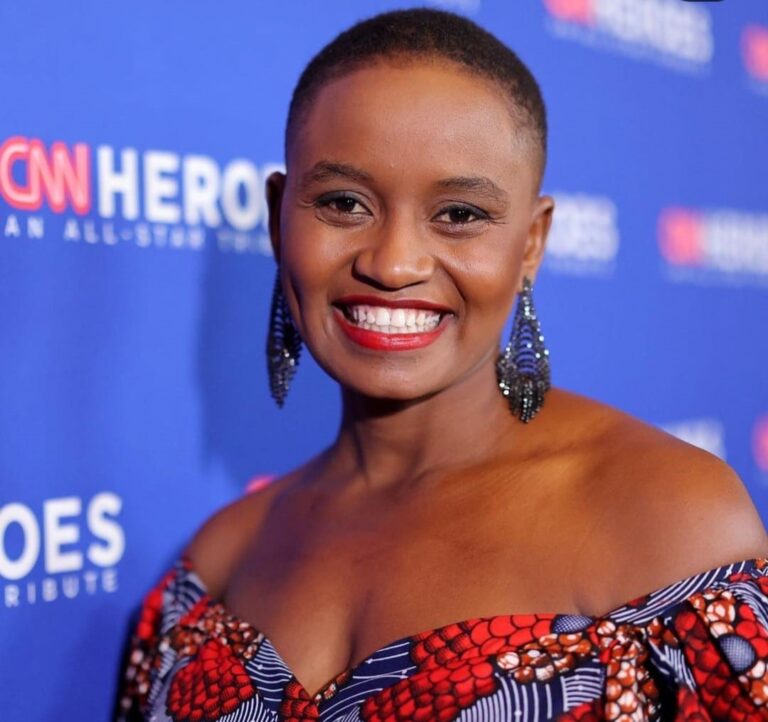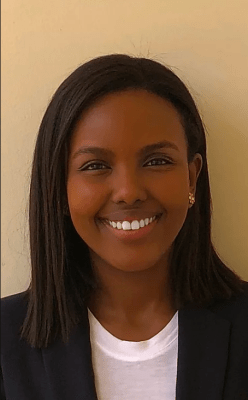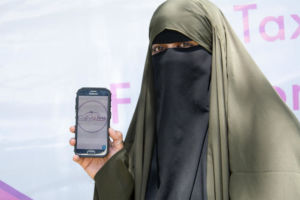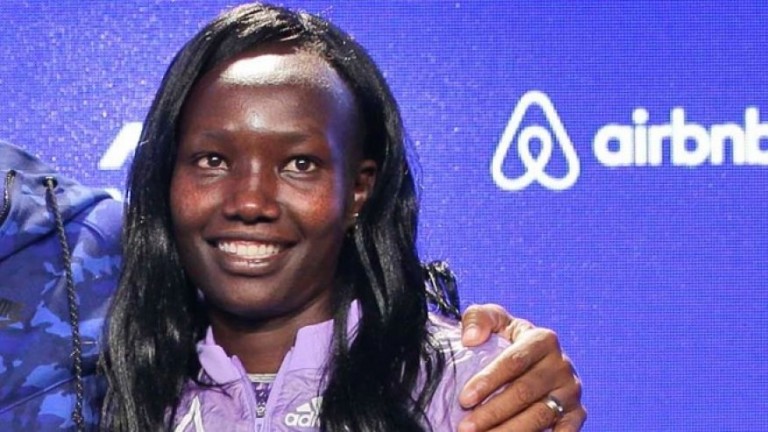Nelly Cheboi, Kenyan Tech founder was named CNN Hero of the Year in 2022 for her work in building computer labs for Kenyan school children, through her non-profit organization, TechLit Africa.
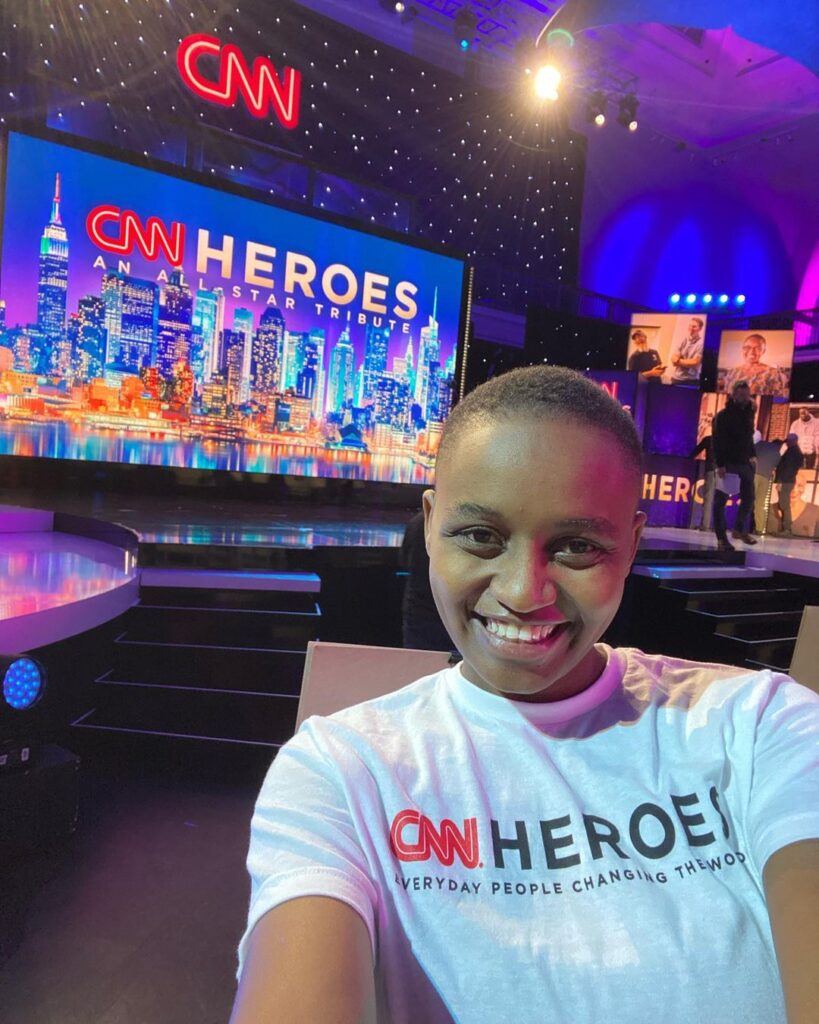
Nelly Cheboi- The Hero
Nelly is a global hero who was recognized and awarded the honor of CNN hero 2022 after her creative thought and effort to make Kenya technologically advanced. Nelly grew up in a poor and poverty-stricken household in rural Kenya and had to go through several rough patches to attain the position she is in right now.
Looking at the condition of people living in her country, she dreamed of doing something good for the community. As she completed her studies in computer engineering as a scholarship student, she started volunteering in several events along with working in the software industry.
Taking The Bold Step
In 2019, Nelly quit her job to establish computer labs for Kenyan school children. Helping the student have good technical knowledge inspired her to develop computer labs for them. To complete her mission, she established TechLit Africa, which helped school children in Kenya by giving them old computers to make the children’s future even brighter.
Acknowledging this great initiative of Nelly, she was picked as the winner of CNN Hero 2022 in the 16th Annual CNN Heroes show, telecasted on December 11 and hosted by Anderson Cooper and Kelly Ripa. She was voted through online voting and picked as the ultimate winner
Nelly Cheboi net worth will show a tremendous rise of $500,000 after she receives the prize money as CNN Hero 2022.
Childhood Influence
Nelly worked through put her childhood to be a software engineer. She went through a lot of trouble and sleepless nights to get the scholarship and study further. However, after becoming a software engineer, she started her good deeds by establishing community computer labs for Kenyan children with her earned fortune and salary.
Funding
She started her project with her won funding and slowly started getting help from the NGOs and INGOs. The social activist started her educational mission in 2019 and gradually gathered thousands of people to support her initiation. Successfully in 2022, she won the title of CNN Hero 2022 and was awarded an unrestricted grant of $300,000 and supportive services valued at $200,000. Along with it, all the Top 10 candidates also received $10,000. On top of all the amount, this year, Nelly was honored with an additional $100,000 for her life-changing work.
Nelly Cheboi’s Co-founder Husband
Nelly Cheboi is a passionate woman with great vision, married to her husband, Tyler Cinnamon.
Nelly started her life-changing work at a young age and was always supported by her friends and family. Nelly’s husband is her most incredible support system and backbone; he always motivates her to continue her selfless work and joins hands with her. Despite having cultural differences, the couple came out strong and got married.
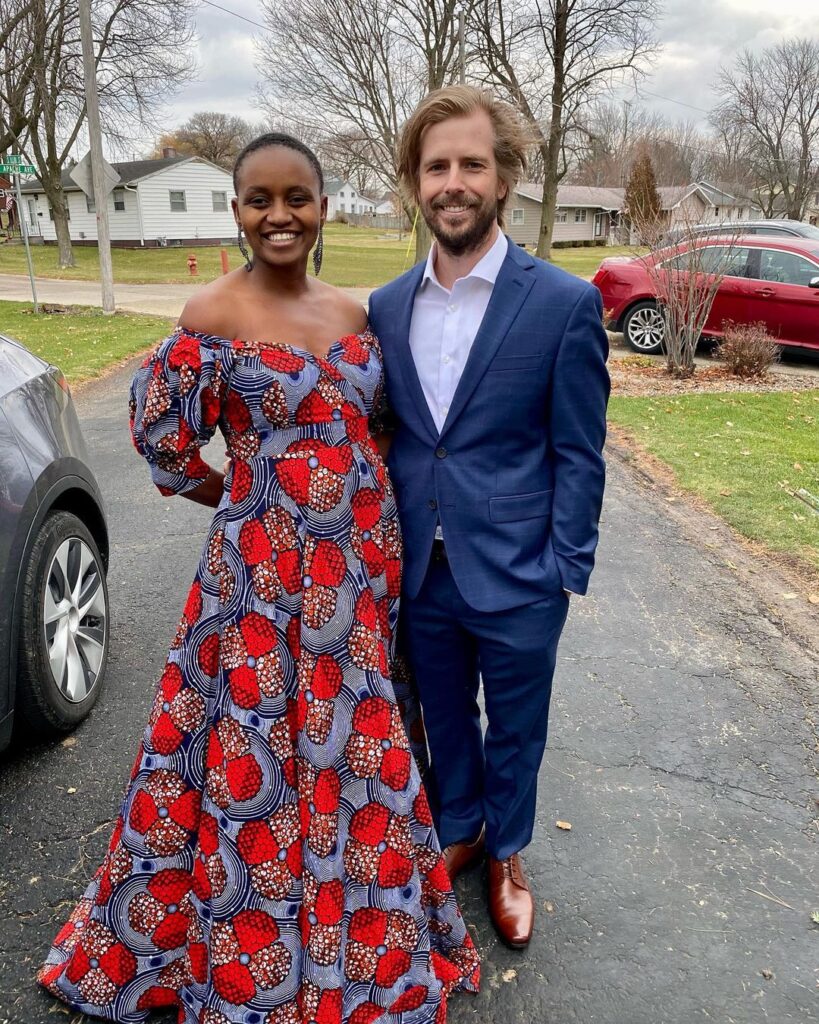
Tyler is also a software engineer and is the co-founder of the non-profit organization established by Nelly called TecLit Africa. The couple has not revealed much about their relationship but is seen frequently by one another in their Instagram feed and stories. They are yet to start their family. However, they are leading a happy married life together.
Nelly Cheboi Parents and Family
Nelly Cheboi comes from a rural Kenya family where her parents raised her and her siblings.
Nelly was born to her mother, Mama Mboga, and was among the three daughters of her family. She came from a poor family background and had seen her mother struggle to raise them. As Nelly grew up in poverty, she knew she had to achieve something to give her family a better life.
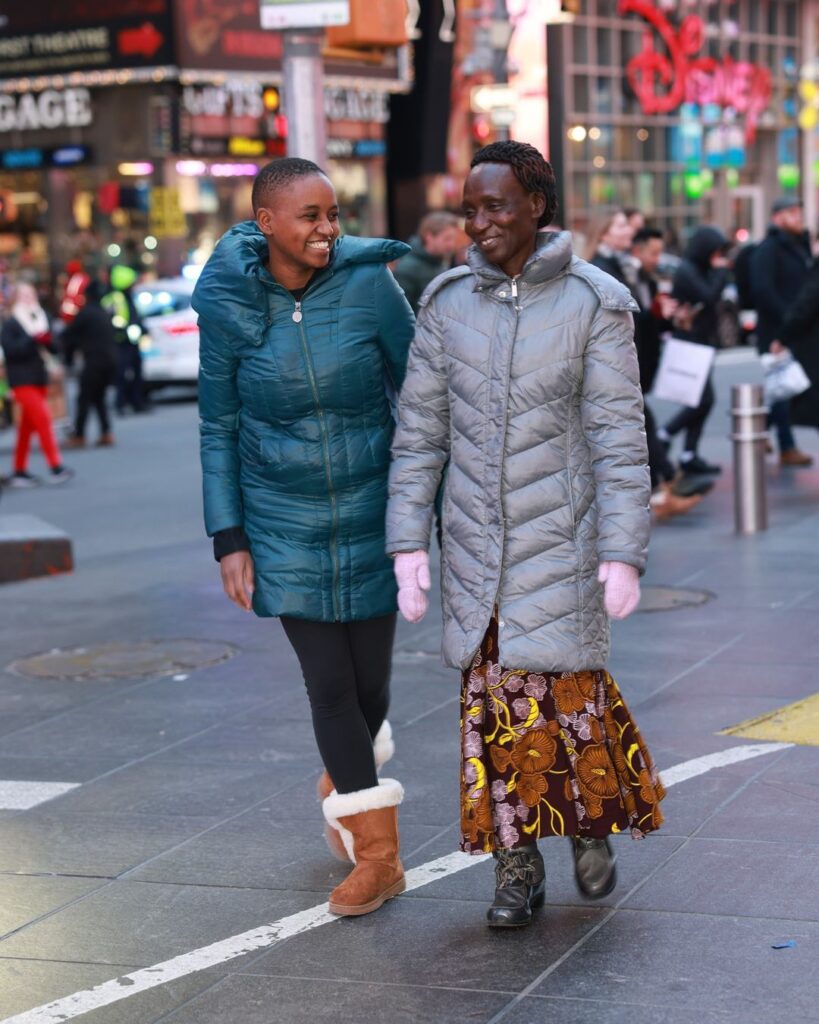
She worked hard and completed her studies with a scholarship. So, to get the young children out of poverty, she was inspired by her family to start the initiation of helping everyone.
